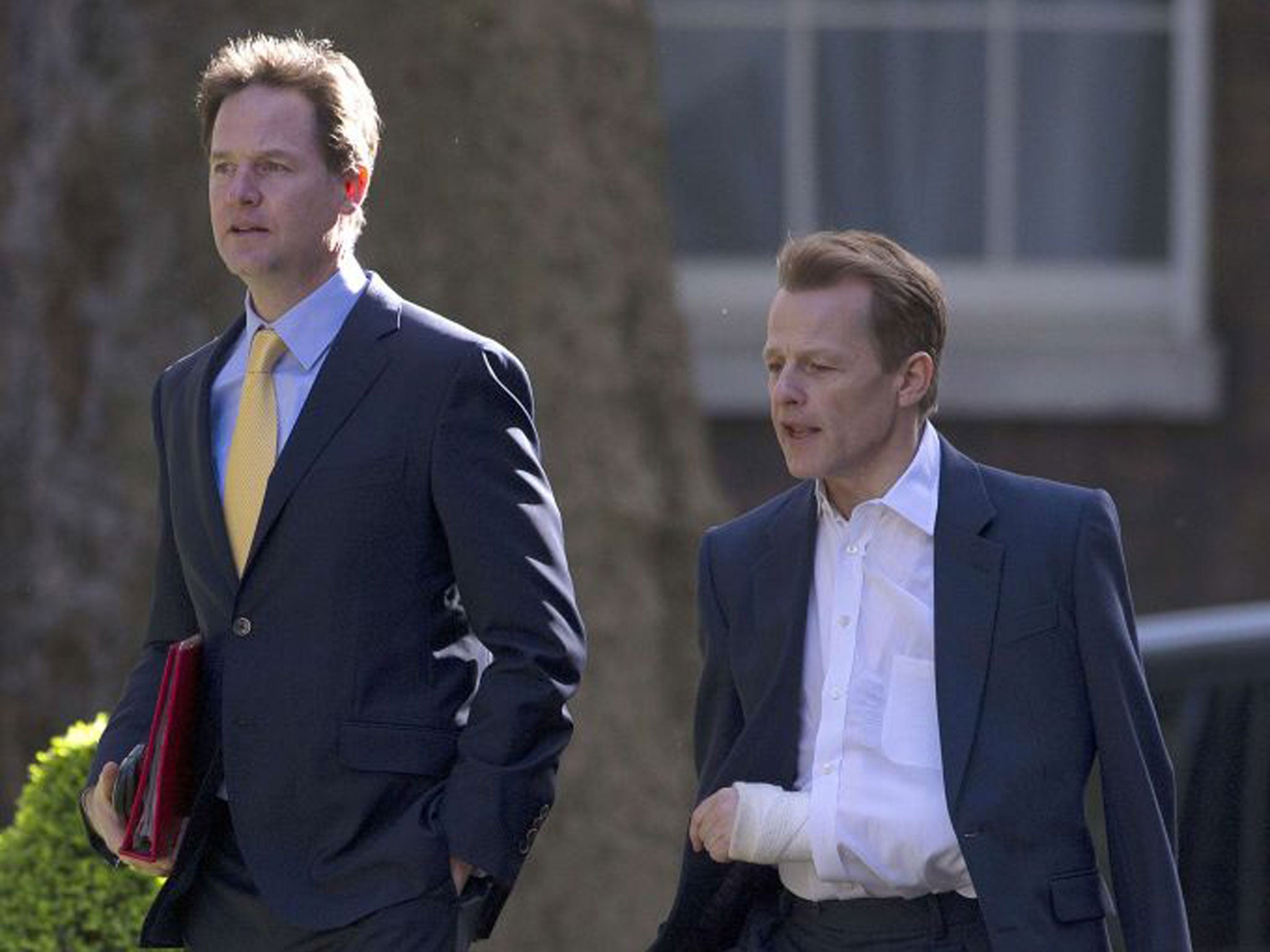Schools Minister David Laws calls for a period of calm for teachers

Teachers need a period of calm and consensus in education rather than a "permanent revolution", Schools Minister David Laws said today.
In what was widely interpreted by teachers as a swipe at his boss Education Secretary Michael Gove, the Liberal Democrat minister said "some politicians seek consensus and others prefer their 'dividing lines' - they search out controversy and seek to perpetuate it."
Mr Gove has dismissed his opponents as "enemies of promise" and likened them to "The Blob", an amorphous monster which ate humans in a 1958 science fiction film.
Speaking to the Association of Teachers and Lecturers conference in Manchester, Mr Laws went on: "I think that consensus - and the policy stability that can come with consensus - is something worth pursuing, provided it is on the basis of effective policies which work."
Mr Laws went on to admit there was "a deep dividing line" between the Coalition partners over Mr Gove's plans to allow schools to hire unqualified teachers. This, he added, would not be bridged this side of the election.
"My own view and that of Liberal Democrats is that all teachers in all state funded schools should have QTS (qualified teacher status) or be working towards it. Teaching is, in my party's view, not just about subject knowledge but about knowledge of how to teach well. Our plans for all teachers to secure QTS will be set out in our general election manifesto."
Mr Laws added: "I also accept that there is a balance to be struck between governments having the right to introduce new policies for which they have a democratic mandate and the need to avoid excessive politicisation of key aspects of education policy."
He said there was a need to take an evidence-based approach to policy "rather than the whim of here today, gone tomorrow governments and ministers".
"Politicians are supposed to be communicators and quite often we need to do better in communicating a more balanced and positive message to those who serve in our schools," he added.
Dr Mary Bousted, general secretary of the ATL, said: "You're not afraid of disagreement but you seek consensus unlike someone you work with very closely who has a preference for dividing lines.
"We're happy to have a period of calm provided we're in the right place [to begin with]."
However, Mr Laws insisted that under Mr Gove there had been progress in reducing some of the direct political influence on education, with the growth in influence of independent regulators like the exams watchdog Ofqual.
Subscribe to Independent Premium to bookmark this article
Want to bookmark your favourite articles and stories to read or reference later? Start your Independent Premium subscription today.

Join our commenting forum
Join thought-provoking conversations, follow other Independent readers and see their replies